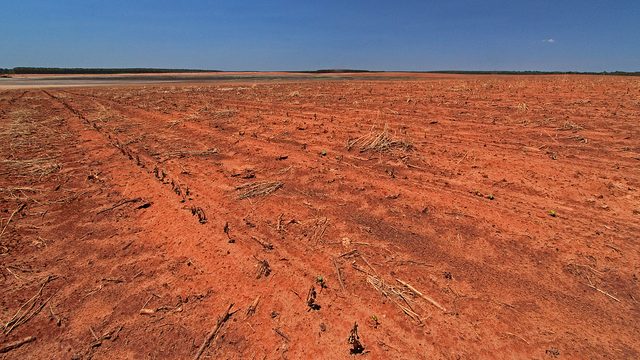Launching DEWD: Drought and Ecosystem Workshop Database

This blog post was written by the team of Global Change Research Fellows who assisted with the 2025 workshop and compiled the data for the DEWD.
One might not typically associate the Southeast with drought, but it is quickly becoming a hotspot for dry conditions. In the Southeast, “flash droughts” emerge with little warning, emphasizing competing demand for water resources. While often discussed in terms of agricultural loss or water shortages, low-flow and drought conditions have profound impacts upon the region’s freshwater and saltwater ecosystems.
In January 2025, more than 160 participants gathered in-person in Raleigh, NC and online for the Drought and Aquatic Ecosystems in the Southeast Workshop, co-hosted by the USGS Southeast Climate Adaptation Science Center (SE CASC) and NOAA’s Southeast Drought Early Warning System (SE DEWS). Participants included representatives from local, state and federal agencies and tribes, private industry, academia, and NGOs.
The workshop featured several sessions focused on research, available tools, and actionable recommendations for drought preparedness. The workshop underscored a need to better share existing information across sections. By improving access and usability of drought-related resources, practitioners can make more informed decisions to protect ecosystems.
In response to these expressed needs, a team of SE CASC Global Change Research Fellows developed the Drought and Ecosystem Workshop Database (DEWD), an interactive, web-based visualization platform that allows practitioners to systematically compare tools and resources for drought response.
DEWD features over 100 tools and resources to support ecological drought response. One example is the Water Quality Portal (WQP), a database developed by the USGS and EPA that hosts water quality data from over 2.6 million monitoring sites across the United States. Users can download data on streamflow, nutrient levels, contaminants, and biological indicators, helping to assess aquatic ecosystem trends over time. Read more detail about this tool.
Another resource is the Coastal Salinity Index (CSI), developed by the USGS to monitor saltwater intrusion during coastal droughts. It provides real-time monitoring and longer-term trend analysis for salinity, temperature, and water levels, which are critical for managing coastal ecosystems. Read more detail about this tool.
DEWD also includes national-scale monitoring tools such as the EPA’s National Rivers and Streams Assessment (NRSA), which collects standardized data across U.S. waterways and helps to identify significant issues, including nutrient pollution and habitat degradation. Read more detail about this tool.
Addressing ecological drought in the Southeast requires actionable science that connects research and practice. By bringing together workshop tools and resources into an interactive database, the SE CASC Global Change Fellows project helps practitioners better prepare for and respond to future drought conditions across the region.
Project Credit
- DEWD Development Team: 2024-25 Global Change Research Fellows Grace Choi and Asumi Saito
- DEWD Support Team: 2024-25 Global Change Research Fellows Bigyapti Nepal, Christopher Oates, Halina Pyzdrowski, and Mileisha Velázquez López.
- Additional support provided by Kasia Nikiel.
- Categories:
